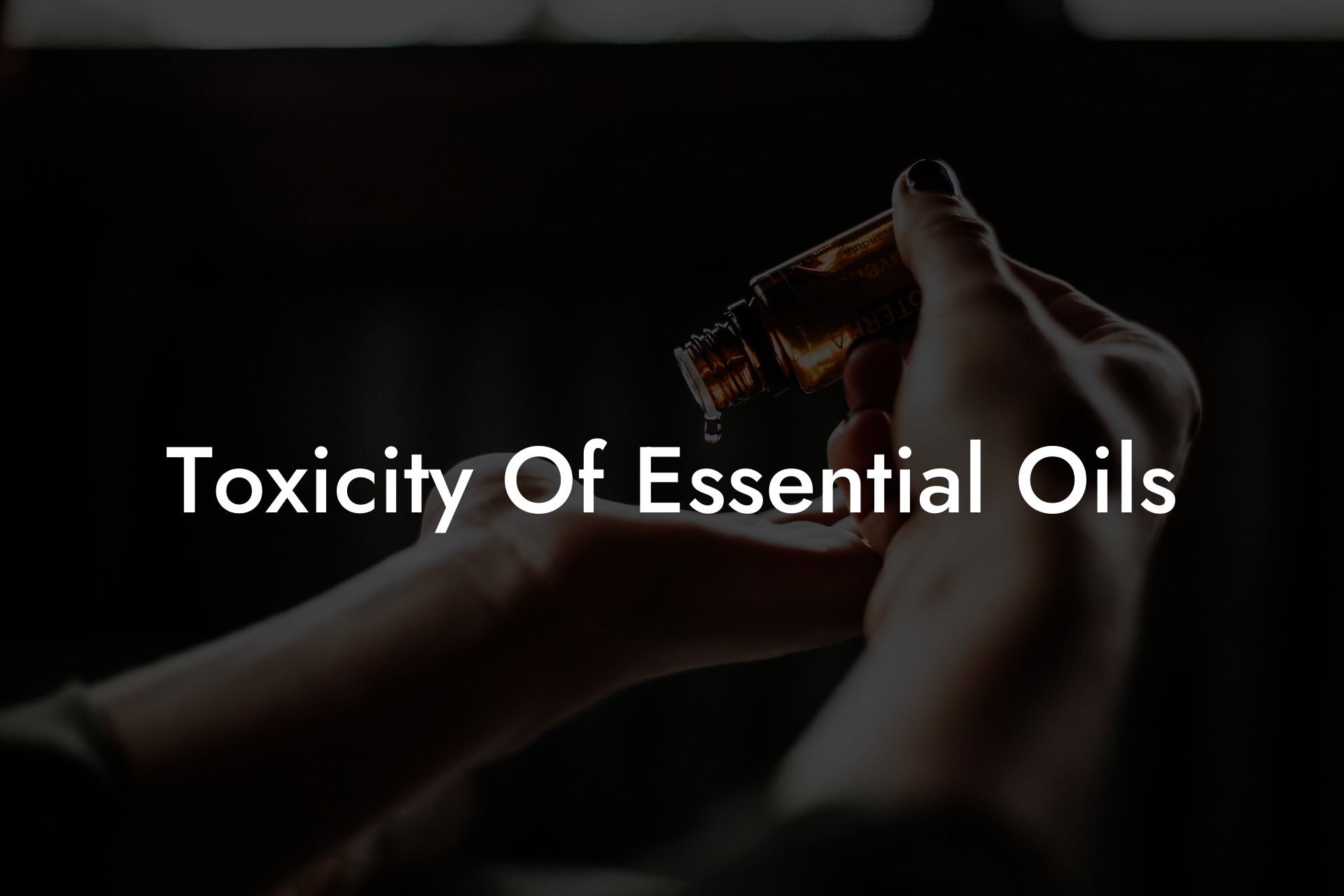When it comes to essential oils, you may wonder about their safety and potential toxicity. Essential oils are natural compounds, but that doesn’t mean they’re always harmless. With the growing popularity of aromatherapy and natural remedies, understanding the possible risks and precautions associated with essential oils is crucial. This article will explore the toxicity of essential oils, safe practices, and warnings you should know before integrating them into your daily life.
Table of Contents
Understanding Essential Oil Toxicity
Essential oils are highly concentrated plant extracts that carry numerous benefits and therapeutic properties. However, because of the strength and potency, improper use or overexposure can lead to adverse effects.
Factors that Contribute to Essential Oil Toxicity
Several factors come into play when discussing essential oil toxicity:
– Individual Sensitivity: Everyone’s body chemistry is different, making some people more susceptible to side effects than others.
– Quality: Not all essential oils are created equal. Low-quality or adulterated oils can be more toxic and cause more harm than high-quality, pure oils.
– Concentration: The higher the concentration, the greater the potency, and the higher the risk for potential toxicity.
– Route of Exposure: Ingestion, inhalation, and skin contact are the most common ways that essential oils enter the body. The risk of toxicity varies for each method.
Preventing Essential Oil Toxicity
To avoid potential toxicity, use essential oils responsibly and adhere to these safety guidelines.
Proper Dilution
Dilution is necessary when using essential oils. Applying undiluted oils to the skin can cause irritation, rash, or other adverse reactions. Always follow the recommended dilution guidelines. Typical recommended dilution for adults is 2-3% for topical use, which means 12-18 drops of essential oil per ounce of carrier oil.
Read and Follow Instructions
Carefully read and follow the manufacturer’s guidelines for use and warnings. Each essential oil comes with specific instructions to ensure safe and effective results.
Ingestion Warnings
Never ingest essential oils without the guidance of a certified practitioner or healthcare professional. Some oils can have toxic effects when ingested, leading to severe reactions or complications.
Store Properly
Keep your essential oils in a cool, dark place away from light and heat exposure to maintain their quality and reduce the risk of toxicity.
Avoid Use During Pregnancy and Breastfeeding
Some essential oils can be harmful to pregnant women, breastfeeding mothers, and babies. Always consult your healthcare provider before using essential oils during this time.
Children and Elderly
Be cautious when using essential oils around children and the elderly, as they can be more sensitive to potential side effects. Always follow age-specific recommendations and dilution guidelines.
Toxicity Of Essential Oils Example:
Imagine you’ve decided to experiment with essential oils to help with your insomnia. Instead of following the proper dilution guidelines, you apply a generous amount of undiluted lavender oil to your pillow. As a result, you end up with a severe skin rash and a worsening of your insomnia due to the discomfort.
As the saying goes, “knowledge is power.” Understanding the potential toxicity of essential oils and practicing safety tips can help you unlock their benefits while minimizing any risks. Share this article with friends and family interested in incorporating essential oils into their daily life. Don’t forget to explore the complete guide to essential oils and aromacology at Oshu Oils and discover our range of Artisan Essential Earth Oils, expertly crafted to bring balance and wellbeing to your modern lifestyle.





















